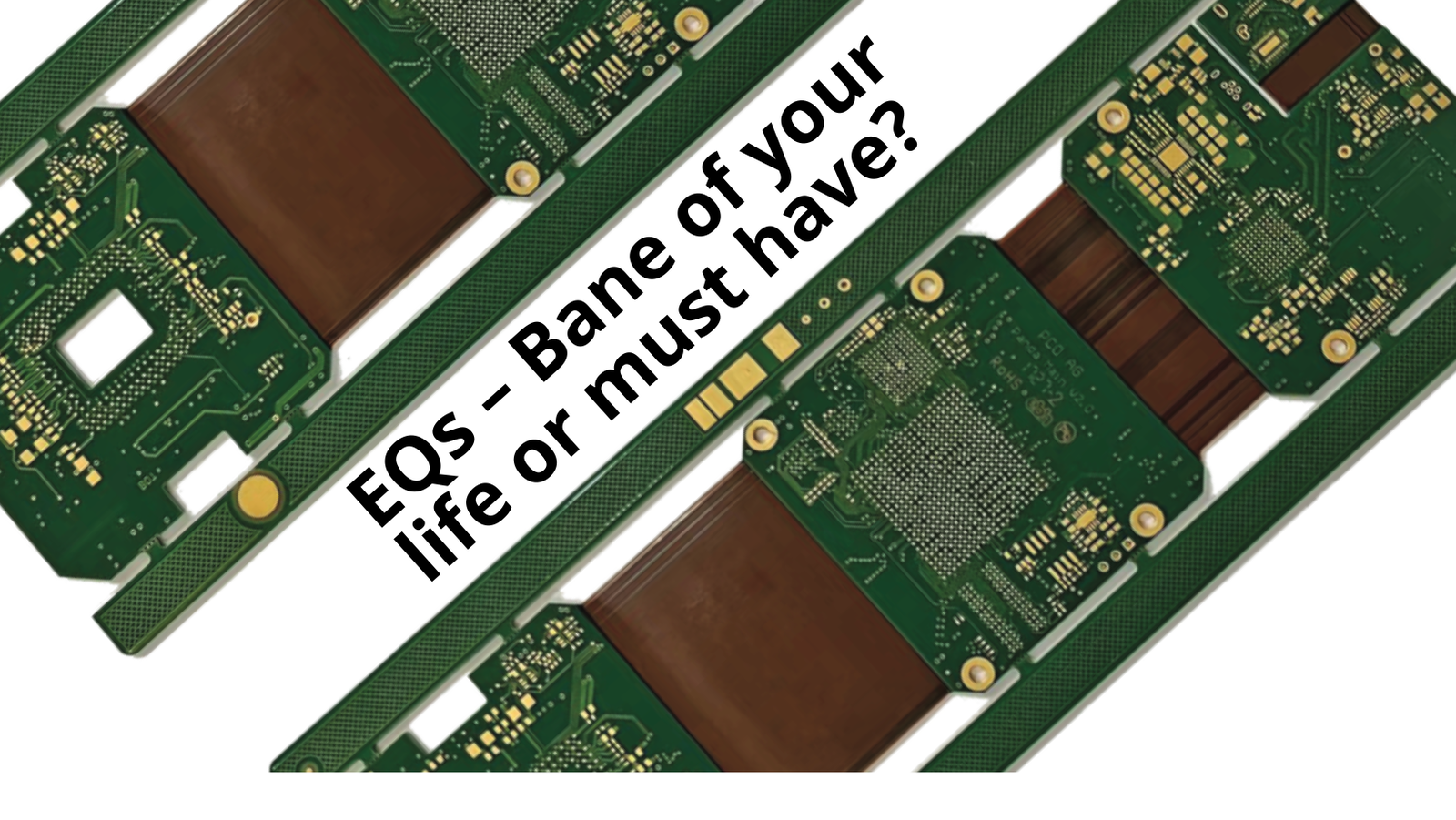Last week, in London, DSEI 2025 brought together the defence industry under the theme “Preparing the Future Force”. The mood was one of heightened awareness – reflecting not just concern over geopolitics, but also recognition that the defence and security sector is increasingly complex: in technology, supply chains, regulation and compliance.
As a trusted partner for the defence industry, with our core in building and providing compliant PCBs and supply chains, knowing and challenging the growing Defence Industry, and its drivers & habits, is our strength.
During some time now, and truly manifested at DSEI, there is a significant increase of investment and demand in the defence industry. Across Europe, North America and parts of Asia, governments are substantially increasing defence spending – new platforms, cybersecurity, dual-use tech, resilience and supply chain sovereignty are major priorities.
Consequently, there is also a need for regulated suppliers & certifications. At the show, many exhibitors emphasized that price and delivery are no longer enough; certifications, traceability, data security, supply chain transparency are becoming critical competitive factors.
The defence supply chain is complex and consists of many Primes, however, there are many fish in the sea. The need to focus, flow down requirements and ensure the entire supply chain is compliant, is more important than ever. Prior the focus has been mostly on the Primes, now the focus includes smaller players & innovators. SMEs and “niche tech” firms are more visible; but to succeed, they must meet rigorous compliance / quality / regulatory expectations to partner with larger primes or secure government contracts.
As supply chains grow more complex, the need to mitigating supply chain risks increases.
One must highlight how risk-based thinking is essential: identifying both operational and regulatory risks, assessing their likelihood and severity, and putting in place controls. Traceability, transparency, supplier audits, and internal risk frameworks are crucial.
Then what are the challenges, and what to remember when procuring in the Defence Industry?
Drawing from both DSEI observations and our experience, we have gathered some key take-aways / “checkpoints” / best practices for any organisation procuring defence in the defence industry:
- Define compliance & certification requirements up front
Specify in RFQs / tenders which certifications, quality standards and regulatory controls are required (e.g. AS9120 / AS9100, ISO 9001, cybersecurity standards, export licences). If you expect suppliers to deliver to certain standards (traceability, no counterfeits, etc.), state these clearly.
- Ensure supplier transparency & audits
Request supplier documentation: chain of custody / traceability, change notifications, manufacturing site information, proof of certifications. Consider audits or oversight. Use tools to monitor supplier compliance.
- Implement risk-based thinking
As per Confidee’s “Mitigating supply chain risks…”, map out risks (both operational & compliance), quantify likelihood and impact, then apply mitigation plans. Monitor and review.
- Protect data and IP
For defence contracts, especially those involving controlled or sensitive information, ensure cybersecurity, access controls, NDAs, protection of “Controlled Unclassified Information” (CUI) or equivalents, etc.
- Stay current with laws, export controls, sanctions, policy changes
Monitor relevant regulatory developments (export control changes, new cybersecurity requirements such as CMMC, changes in sanctions regimes, public procurement law changes). Ensure contracts have flow-down clauses so suppliers/sub-suppliers are bound by updates as needed.
- Use certified partners
Having certified suppliers (AS9120, ISO 27001 etc) reduces risk of non-compliance, speeds procurement review, often satisfies contractual prerequisites. The example of Confidee being approved by larger stakeholders (Terma A/S, etc.) after achieving certifications illustrates this.
- Document, document, document
Traceability, export licenses, quality checks, test reports, supplier changes, non-conformities, corrective actions. If compliance is ever questioned, audit trails matter. Knowing where components come from, being sure they haven’t been altered, ensuring documentation is solid.
- Export Controls / Licensing Regimes: Export controls, dual-use regulations, cybersecurity standards (e.g. CMMC, NIST), and quality management are all involved. One need to satisfy multiple overlapping legal, contractual and customer standards.
The defence industry is expanding and modernizing rapidly — not just hardware, but digital, supply chain, regulatory, and compliance dimensions. DSEI underscores that growth. The cost of non-compliance is high: contracts can be lost, suppliers disqualified, legal or reputational risks can escalate.
Certifications and cybersecurity assurances are no longer optional for many suppliers — they are expected and often contractually mandated.
Procurers must be proactive: embed compliance, risk assessment, supplier vetting, documentation, and traceability into procurement processes.
Thank you for some inspirational and vivid days at DSEI. See you next year and remember, seeing is believing. Don’t tell it –prove it.


